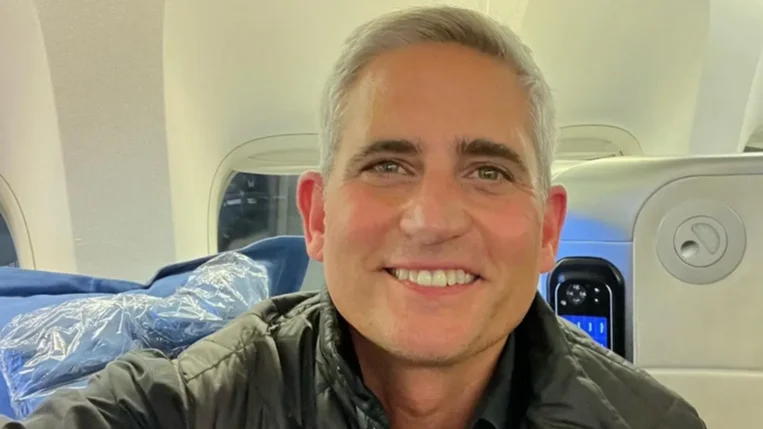If you've flown on a budget airline, you might have noticed the absence of business class or premium economy cabins. Typically, low-cost carriers focus on economy-class seating, especially on short routes. In markets like the United States and Europe, budget airlines have expanded rapidly with minimal changes to their onboard offerings. Their strategy centers around reducing costs to offer lower ticket prices.
The lack of first or business-class cabins in budget airlines may seem puzzling, given that these classes generate significant revenue for major airlines in America. However, budget airlines like Spirit Airlines and Frontier Airlines operate differently from legacy carriers such as Delta Air Lines and United Airlines.
Legacy carriers use hub-and-spoke models optimized for business travelers who demand high-quality services. "Low-cost carriers with point-to-point networks have an advantage in terms of employees per ASM that allows them to lower cost," notes a report from Northwestern University.
 Alerts Sign-up
Alerts Sign-up







